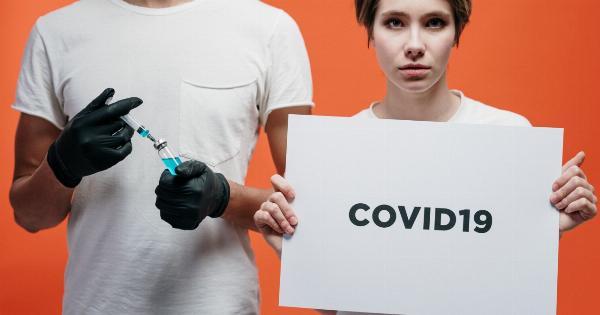Prostate cancer is one of the most common cancers among men, and its treatment often includes androgen deprivation therapy (ADT). ADT aims to suppress the production of testosterone, a hormone that fuels the growth of prostate cancer cells.
While ADT is effective in treating prostate cancer, it can also lead to various side effects, including reduced libido, muscle loss, and fatigue. This is where safe testosterone replacement therapy (TRT) comes into play, offering a potential solution for prostate cancer survivors to improve their quality of life.
Understanding Testosterone Replacement Therapy (TRT)
TRT is a medical treatment that involves artificially replenishing testosterone levels in the body through various methods, such as gels, injections, patches, or pellets.
It is primarily used to treat hypogonadism, a condition characterized by insufficient testosterone production. However, TRT has also shown promise in helping prostate cancer survivors counter the side effects of ADT and regain a sense of well-being.
The Concerns Surrounding TRT and Prostate Cancer
Many prostate cancer survivors are hesitant about pursuing TRT due to concerns that it may increase the risk of cancer recurrence or progression. This fear stems from the fact that testosterone can potentially stimulate the growth of cancer cells.
However, recent research has brought to light important considerations that challenge this assumption.
Evidence-Based Research
A growing body of evidence suggests that TRT can be safe for prostate cancer survivors if used judiciously and under close medical supervision.
Several studies have reported no significant increase in the risk of cancer recurrence with TRT administration. In fact, TRT has been associated with improvements in quality of life, including increased muscle mass, improved energy levels, and enhanced sexual function.
Guidelines for Safe TRT in Prostate Cancer Survivors
While TRT may be a viable option for prostate cancer survivors, it is essential to follow specific guidelines to ensure its safe administration:.
1. Comprehensive Evaluation
Before initiating TRT, a comprehensive evaluation of the patient’s medical history, current health status, and cancer prognosis should be conducted.
This evaluation should involve collaboration between the urologist, oncologist, and endocrinologist.
2. Monitoring Testosterone Levels
Regular monitoring of testosterone levels is crucial during TRT. This helps maintain testosterone levels within the therapeutic range and prevents any potential adverse effects.
3. Close Oncological Surveillance
Prostate-specific antigen (PSA) levels and digital rectal exams should be monitored regularly to detect any potential signs of cancer recurrence or progression. TRT should be promptly discontinued if these signs are observed.
4. Individualized Approach
Each prostate cancer survivor may respond differently to TRT, and therefore, an individualized approach is necessary.
Close monitoring of symptoms, side effects, and overall well-being is essential to tailor the TRT treatment to the patient’s specific needs.
5. Collaborative Multidisciplinary Care
Collaboration among specialists, including urologists, oncologists, and endocrinologists, is vital for prostate cancer survivors pursuing TRT. A multidisciplinary approach ensures comprehensive and well-informed decision-making regarding TRT.
Potential Benefits of TRT for Prostate Cancer Survivors
While the concerns surrounding TRT in prostate cancer survivors are valid, numerous potential benefits make it worth considering:.
1. Improved Quality of Life
TRT has been shown to improve overall quality of life by addressing side effects of ADT, such as fatigue, depression, and reduced libido.
By restoring testosterone levels, TRT can help prostate cancer survivors regain their vitality and sense of well-being.
2. Increased Bone Density
ADT can lead to reduced bone density and increased risk of osteoporosis. TRT has been found to mitigate these effects by promoting bone health and preventing bone mineral loss.
3. Muscle Mass and Strength
Loss of muscle mass and strength are common side effects of ADT. TRT can help rebuild muscle tissue and enhance physical strength, enabling prostate cancer survivors to lead more active and independent lives.
4. Sexual Function
ADT often causes erectile dysfunction and a decrease in libido. TRT can improve sexual function, including increased libido, improved erectile function, and enhanced overall sexual satisfaction.
Conclusion
While the concerns surrounding TRT in prostate cancer survivors are valid, evidence-based research suggests that TRT can be a safe and effective option for addressing the side effects of ADT.
By following specific guidelines and receiving collaborative, multidisciplinary care, prostate cancer survivors can benefit from TRT, improving their quality of life and overall well-being.


























